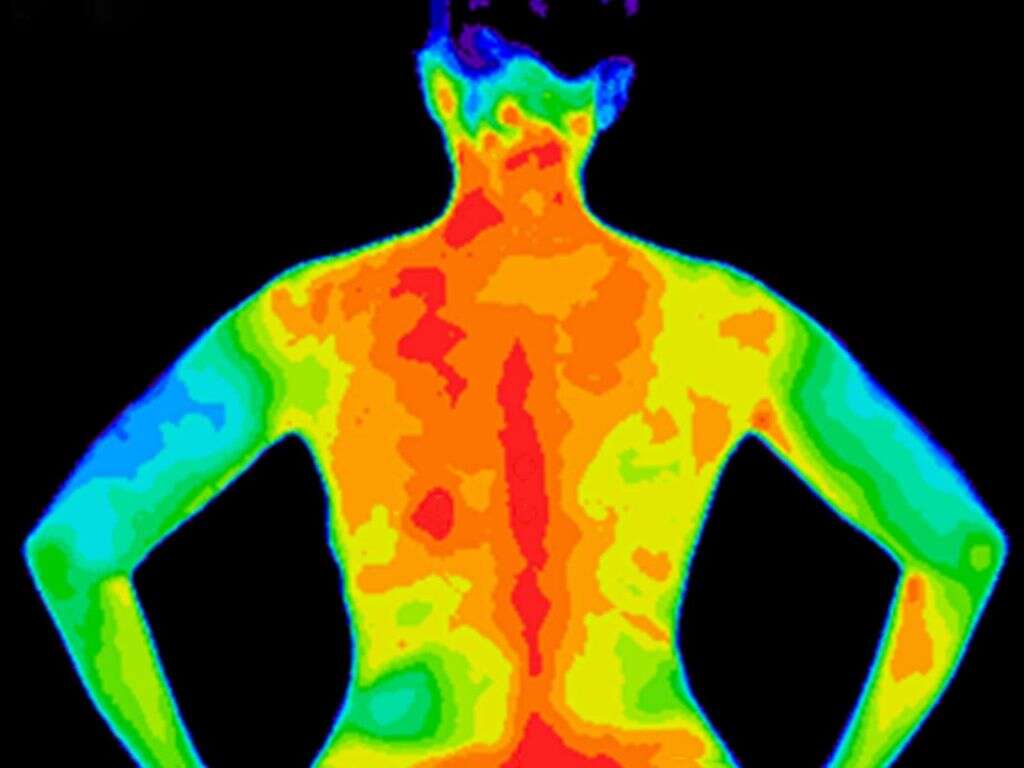What Is Myositis?
Myositis is the term given to conditions that cause muscle inflammation. The disorder is typically chronic and progressive in nature and can be difficult to diagnose. This condition is rare. Onset is typically gradual, though for some it occurs rapidly.
Approximately 50,000-70,000 people in the United States are currently living with the disorder, and between 1,600 and 3,200 new cases are identified annually. There are five types and for all but one, females are more likely to get the disease than males. Myositis can impact people of any age, depending on the type.

1. Causes: Infection and Inflammation
Infections can lead to myositis. The most common cause is a viral infection, but bacterial and fungal causes are not unheard of. In the viral-induced form, the pathogen itself may directly damage the muscle tissue, or it may release a chemical that finds its way into the muscles.
Systemic inflammation can also lead to myositis. In most cases, the cause of the inflammation is related to autoimmune disorders. These types are severe and result in the body’s tissue, including the muscle, attacking itself. Polymyositis, dermatomyositis and inclusion body myositis are all inflammatory forms of the disease.

2. Causes: Injury and Drugs
People can develop myositis as a result of an injury or from the use of some drugs. Myositis caused by injury is frequently a temporary condition, resolving on its own as healing occurs. This type is sometimes seen in those who engage in intense exercise regimens that cause muscle inflammation.
Drug-induced myositis is also a temporary condition. There are a number of medications and other drugs that can cause muscular inflammation. These include cocaine, alcohol, statins, colchicine, hydroxychloroquine and alpha interferon.

3. Dermatomyositis
Dermatomyositis is seen most often in females, and it can develop at any age. The disease affects more African Americans than it does other races. The condition is indicated by scaly, rough, dry skin. A rash is often present on one or more areas, including knees, elbows, knuckles, upper chest, back, cheeks, nose and eyelids. Hard lumps or sheets of calcium may appear under the nails.
Other symptoms indicative of dermatomyositis impact the muscular structure. An individual may have difficulty climbing stairs or standing from a seated position. A general feeling of exhaustion is often present. People with this condition may find swallowing difficult and feel like they are choking. Progressive or sudden weakness in the neck, shoulder, back and hip muscles is common.

4. Inclusion Body Myositis
Inclusion body myositis occurs most often in people 50 years of age and older and is rarely diagnosed in people younger than that. This is the one type of myositis that males are more likely to develop than females. Onset is almost always gradual. Increased falling, a weak hand grip and difficulty rising from a seated position are typically the first symptoms experienced.
As the condition progresses, individuals may notice their muscles begin to atrophy. Pain and discomfort increase as well. A person with IBM experiences increasing difficulty with tasks such as writing, climbing stairs and walking. They may also trip frequently as muscles in the foot or leg begin to weaken. Difficulty swallowing is a commonly experienced symptom in IBM.

5. Polymyositis
Polymyositis is a progressive weakening of the muscles closest to the body core. Occasionally, the muscles in other areas are also impacted. More females than males develop the condition. Age of onset is typically 20 years old and up. Symptoms can appear over the course of days or months and there is no rash present with this type.
PM is characterized primarily by core muscle weakness. The neck, back, shoulder, hips and thigh muscles are commonly affected. Two significant indicators for the disorder are difficulty standing up from a seated position or getting up from after a fall. Some people experience swallowing difficulties or a chronic dry cough.

6. Necrotizing Myopathy
Individuals who develop this form of myositis previously were given a polymyositis diagnosis due to the lack of a rash associated with other categories. However, individuals with this form experience high rates of muscle cell death and low rates of inflammation.
As with polymyositis, people with NM tend to experience weakness in the muscles closest to the center of the body. Other symptoms include difficulty standing up or climbing stairs and difficulty lifting the arms over the head. Falling is a frequent occurrence as well. A person with necrotizing myopathy is typically chronically tired.

7. Juvenile Myositis
This rare form of myositis occurs in between two and four children out of a million. Age of onset is before 18 years old. There are juvenile forms of dermatomyositis and polymyositis. Of the two, JDM is more common, while JPM is extremely rare. A skin rash is typically the first symptom to appear, though muscle weakness can begin simultaneously.
Children with JM experience many of the same symptoms of weakness and increased falling incidents as adults, but there are several additional indicators. A child may voice frequent complaints of stomach aches. They can be generally moody or irritable. Children with juvenile myositis may have a difficult time raising their heads and their voices may become suddenly hoarse.

8. Diagnosis
Myositis is a rare condition and, as such, it is frequently misdiagnosed. Many physicians are unfamiliar with the disease and thus look for other probable causes for the symptoms that their patients experience. Further complicating the matter is that the primary symptoms are common to other diseases.
To diagnose the disorder, several assessments are often required. A physical assessment is the first step, but further testing is needed to pinpoint the diagnosis. Muscle biopsies are frequently needed. Other potential tools include electromyography, imaging, blood tests, nerve conduction assessment and genetic testing. A myositis blood panel helps determine the specific type.

9. Treatment
Treatment is aimed at mitigating the symptoms. Medications are typically prescribed to reduce inflammation or suppress the immune system. Corticosteroids are given for the former, while drugs such as methotrexate and azathioprine are recommended for the latter.
Exercises and stretching can help keep muscles functioning and slow the rate at which they atrophy. Physical therapy may be recommended as well. Yoga assists with strengthening, flexibility and balance. When the condition is caused by drug or injury, medications are not typically prescribed, as the condition resolves itself.

10. Prognosis
For types other than those caused by injury or drugs, there is no cure for the disorder nor are there any preventative measures. Myositis is a progressive disease, but treatment can improve quality of life and increase independence.
Many people find that they can manage their symptoms and maintain a high quality of life. Partial or complete remission does sometimes occur. However, if left untreated, the disease can progress to the point of morbidity or death.












